
Website Search
Check here for your school's list of summer assignments.
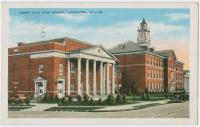
Lexington's school system dates back to the city charter of 1831, and it first school opened in 1834.
The Lexington Public Library is pleased to offer teachers, childcare providers, and homeschooling families the "Bucket of Books" service. We can supplement your curriculum with specially-selected books on a particular topic or provide your classroom with specially-selected books for your students' pleasure reading.
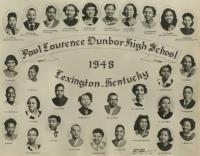
Dunbar High School opened in 1923 at 545 North Upper Street as the only all-black high school in Lexington’s city school system.
If books are your thing, this is your place. Browse the newest titles in our collection, take a deep dive into comics and graphic novels with the 741.5 bulletin, request a personalized "bag of books," and more.
You can request a "Bag of Books" to access our materials when you're unable to browse in person. Complete this form, and we'll pull up to 10 items that match your specified interests. You can help us locate more items by keeping your requests general.
This month's theme is Hispanic & Latinx Heritage Month. Pick any book you want that fits the theme and come discuss it with friends! Each month, we will discuss books in a different genre and everyone will talk about the book they chose to read. Spoilers may occur, so please be advised.
Lexington, Kentucky (December 20, 2022) – Lexington Public Library announced today that its popular LPL After School program will return in 2023, beginning January 2.
LPL After School is a FREE drop-in program for kids aged 5-12 that takes place after regular school hours, Mondays through Fridays from 4-6pm. The Library, in partnership with God’s Pantry, will provide snacks for all participants as well as STEAM and enrichment activities, homework help, and reading recommendations. And there’s no need to register—just show up!
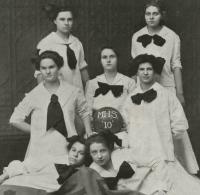
The Morton School Number 1, Lexington’s first public city school in 1834, was originally built on the corner of Walnut (later Martin Luther King Dr.) and Short Street.
The Luna Library, a program of Believing in Forever, collects and distributes children's books with an African American history or Black character focus. It is an alternative for African American parents looking for books that provide context and knowledge to understand the stories of the African American experience in this country for their children. Believing in Forever is a champion of diversity and inclusion, and the positive impact books have on children of all races.
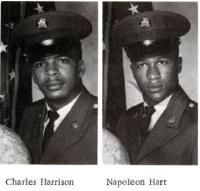
The United States Army Armor School began in 1940 as the Armored Force School and Replacement Center at Fort Knox, Kentucky.
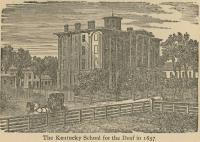
Do you love to read? Would you like to recommend some books for other readers? This opportunity is for you!
Do you love to read? Would you like to recommend some books for other readers? This opportunity is for you!
This month's theme is "Found in Translation," or books that have been translated from another language. Pick any book you want that fits the theme and come discuss it with friends!
Each month, we will discuss books in a different genre and everyone will talk about the book they chose to read. Spoilers may occur, so please be advised.








